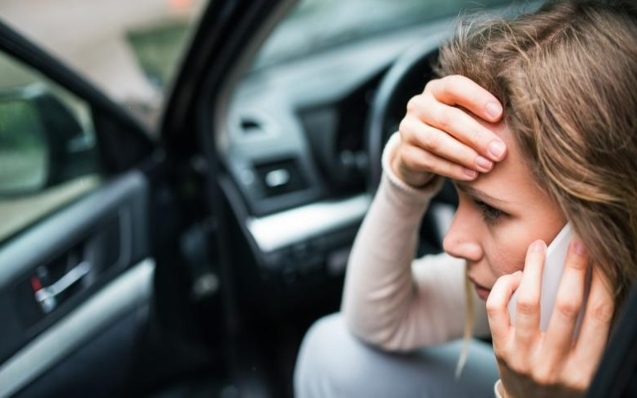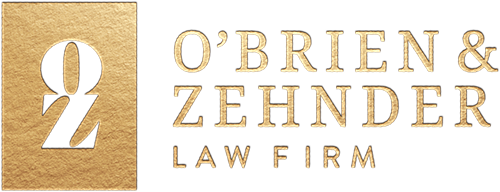Liability & Teen Drivers
Posted on 28th April, 2022

In 2019, close to 2,400 teens between the ages of 13 to 19 died in motor vehicle-related accidents, and another 258,000 were treated in emergency departments for injuries. These facts can genuinely weigh upon the thoughts of parents and guardians as they teach their young ones how to be responsible behind the wheel.
However, what happens if a teen makes an error severe enough to endanger the lives of others around him?
Such heartbreaking scenarios happen more often than not. Recently, local news sources reported a 17-year-old who was arrested for a deadly hit-and-run. On March 29th in the evening, the accident occurred on Elk Grove Boulevard and Shorelake Drive.
ABC10 interviewed the police and informed the public that a 53-year-old man had been crossing the street when a vehicle driven by the teen struck him. The teen driver erroneously decided to leave the accident scene, turning himself in to the Elk Grove Police Department after hours had passed. Officers stated the driver was arrested and booked into custody at Juvenile Hall on charges of vehicular manslaughter, hit and run resulting in death, and hit and run resulting in injury.
Understanding Vicarious Liability for Teen Drivers
Such a tragic incident may leave the surviving loved ones wondering how they can seek justice if a minor is the one who is responsible?
California Vehicle Code 17707 VC states the following: "Any civil liability of a minor arising out of his driving a motor vehicle upon a highway... is hereby imposed upon the person who signed and verified the application of the minor for a license and the person shall be jointly and severally liable with the minor for any damages proximately resulting from the negligent or wrongful act or omission of the minor in driving a motor vehicle."
What does that mean? In California, a parent can be held responsible for a teen's driving, known as "vicarious liability."
For "vicarious liability" to be claimed, the following needs to be proved:
- The teen operating the vehicle was negligent, and their actions caused significant damage.
- The other party involved in the accident was harmed due to the teen's negligence.
- The teen's license application had been signed by the parent.
- The teen's license had not been revoked or canceled at the time of the accident.
What if the At-Fault Teen Driver Has No Insurance?
The grieving family may be able to recover some of their expenses for the funeral and burial by using the uninsured/underinsured insurance coverage. Many California drivers wisely decide to add this coverage to their policy, and it can be used for injuries or deaths caused by traffic accidents.
Suppose the deceased did not have this on their policy, yet another family member did. In such circumstances, the family member might be able to use their own policy to cover expenses without worrying about increasing their premium.
An experienced personal injury lawyer can handle negotiations with the insurance provider for you.

